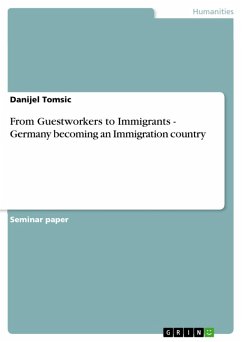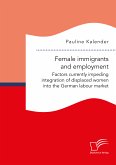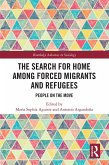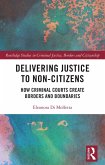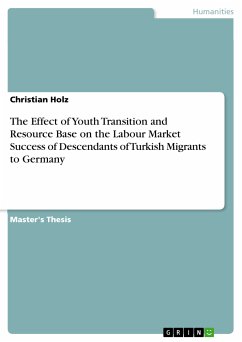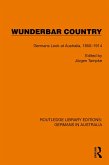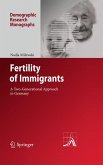Seminar paper from the year 2005 in the subject Sociology - Miscellaneous, grade: 1, Hamburg University of Ecomomy and Policy, course: Labour Migration in Europe, language: English, abstract: Immigration patterns have changed significantly since the first guestworkers came to Germany in the mid-1950¿s. In the times of the "Wirtschaftswunder" the Germans imported foreigners on a temporary basis. However most of the foreigners remained in Germany and became real immigrants. Today Germany has to cope with huge problems concerning the integration of the residing foreign population, while on the socio-economic indicators clearly show the necessity for further immigration. This is mainly due to the demographic downturn and the need for high-qualified specialists to enhance Germanys economy, which is facing serious problems in a globalising world. This paper will analyse, why the German society was to a high degree not able to integrate the working-migrants and why it refuses further immigration, which is obviously contrary to the facts the Country will have to face in the 21st century. Hereby the role of the media and the politics will be encountered as a decisive one. Media not only plays an important role in transporting public opinion and news but also generates it. Deriving from that, media has a special responsibility in society. Political parties as the other imoprtant social force also tend to use the "Ausländer"-issue especially in the election campaigns. Some parties tend to make the immigrants their scapegoats, often with the intention of frightening people and by that grabbing votes. This paper will give an overwiev on the discussions and facts about immigration from the post-war period until the german reunification. Hereby the 'Wirtschaftswunder' period in the 1950¿s and 1960¿s. and the period starting with the oil-crisis in 1973 until the unification in 1990 will be seperately analysed. In the third part, possible reasons for the German situation will be presented, also including the role of politics and the media. The latest discussions about the fear of islamism, "unsucessful" integration of foreigners and the fear of parallel societies in Germany will be examined as well as the call for a German Leading-Culture. [...]
Dieser Download kann aus rechtlichen Gründen nur mit Rechnungsadresse in A, B, BG, CY, CZ, D, DK, EW, E, FIN, F, GR, HR, H, IRL, I, LT, L, LR, M, NL, PL, P, R, S, SLO, SK ausgeliefert werden.

